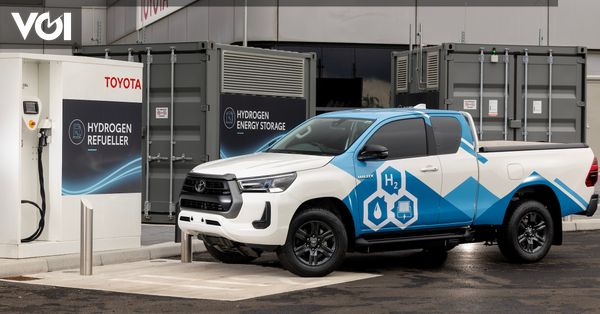Toyota's Hydrogen-Fueled Hilux FCEV: Pioneering Sustainable Transportation in Remote UK Areas
Key Ideas
- Toyota collaborates with the British government to introduce a hydrogen-fueled Hilux FCEV for zero emissions transportation in remote UK areas.
- 10 units of the Hilux FCEV prototype have been built and are now in the demonstration stage, showcasing the potential of hydrogen fuel in pickups.
- The FCEV Hilux features three high-pressure hydrogen tanks, a powertrain with 330 cells producing 180 dk of power, and a range of up to 600 km on one tank filling.
- Toyota plans to launch a third-generation hydrogen fuel cell system in 2026 or 2027, expected to increase range by 20% and reduce costs significantly.
Toyota, in collaboration with the British government, has embarked on an innovative project to introduce a hydrogen-fueled Hilux FCEV as a sustainable transportation solution in remote areas of the UK. The project, initiated in September last year with a substantial investment, has now progressed to the demonstration stage with 10 prototype units built. These units, assembled in Derby, England, are set to be showcased for customer and media demonstrations, including events like the 2024 Olympics and Paralympics in Paris, France. The hydrogen-powered Hilux features a cutting-edge powertrain with three high-pressure hydrogen tanks and a capability of up to 7.8 kg. With a range of 600 km on a single tank filling, it offers impressive performance with 180 dk of power and 300 Nm of torque. Toyota's future plans include launching a third-generation hydrogen fuel cell system by 2026 or 2027, aiming to enhance range by 20% and significantly reduce costs through technological advancements and increased production scale.
